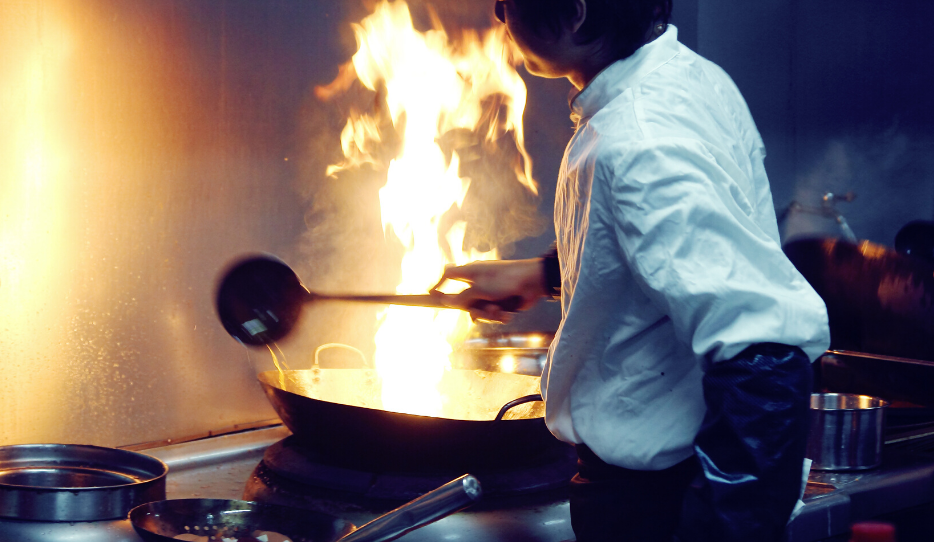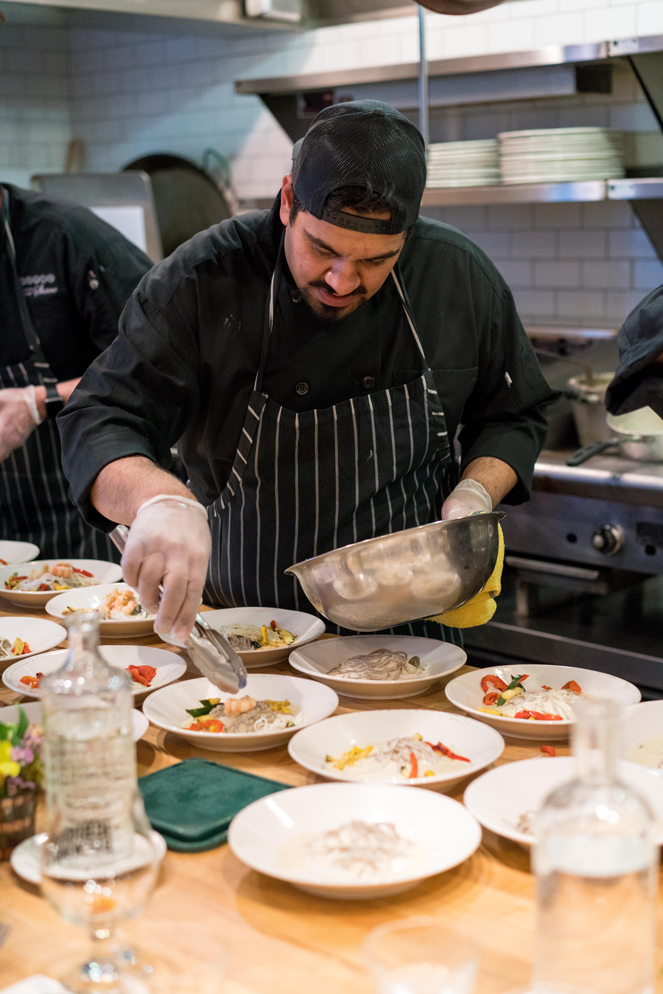8 Reasons Restaurants Hate Restaurant Week
Restaurant Week is a special kind of terrible.
You get packed dining rooms filled with people who’ve never been to your restaurant and most likely aren’t coming back. Your kitchen is filled with a Saturday night’s worth of orders all week long. The volume of customers combined with a pared-down menu lowers the standard that your regular customers enjoy. The servers are stressed out trying to satisfy everyone. And oh yeah, you may not make any money.
The History Of Restaurant Week
Restaurant Week was created in New York City in 1992 by Tim Zagat (yup, the survey guy) and restauranteur Joe Baum. With 15,000 reporters coming to the city for the Democratic National Convention, they needed a solid way to gain exposure for the city’s restaurants — especially the more expensive ones that underpaid journalists might avoid. Their idea was to offer a prix fixe menu at a paltry $19.92 per person. Even Zagat admitted in The Atlantic that making money was not the intention. Instead, it was meant to be a “short-term money loser but have long-term PR benefit for New York and the restaurant industry.”
Now, of course, Restaurant Week has spread to city after city. The potential positives are hard to ignore: Draw in new diners with a cheap price point and — if you impress them — they’ll come back.
In actuality, most will not come back. Meanwhile, they’ll overwork your kitchen and possibly even write a terrible Yelp review on their way home.
So, for anyone who has had or will have to suffer the trials and tribulations of restaurant week, we’ve rounded up eight reasons why restaurant workers hate it…

1. It’s amateur hour.
No offense to the people who decide to go to Restaurant Week (✋), but many are not your typical restaurant client. Generally, restaurant week attracts diners who rarely dine out and are looking to score a deal. That can make these diners difficult to please and perhaps less likely to appreciate the food and tip appropriately.
2. Food quality drops.
Most restaurant week organizers require that you have a pre-set “Restaurant Week Menu.” And, since 80% of the people will order it, that means 400 short-rib enchiladas getting rattled off like they’re on a conveyor belt. People aren’t exploring your menu. They’re there for a deal making it difficult for your restaurant’s true quality to shine through.
3. The experience goes way down.
The optimal restaurant experience comes with service from a calm but attentive server. It comes with food cooked to perfection and delivered at the right time.
During Restaurant Week, it can be so busy that service from the kitchen and waitstaff degrades. Your staff simply can’t handle 400 people showing up on a Tuesday night. There are pressure points on the kitchen. There are pressure points on the servers. Food takes forever to arrive at the table. The servers can’t give enough individual attention. At best, it’s rushed. At worst, it’s chaos.
When the meal is finished, expect servers to (kindly) usher customers out because they need to turn over tables to make any money. It’s hardly an experience that’s going to entice a new customer to return.
4. Managers pick the menu without considering efficiency in the kitchen.
When managers create the menu, they’re thinking about what will draw people in, not what’s manageable for the cooks to actually prepare. With hundreds of orders coming into the kitchen on a normally slow night, you’ve got to be smart. You’ve got to pick dishes that are easy to make and won’t create bottlenecks in the kitchen. But often, managers don’t bother collaborating with their kitchen staff to create the Restaurant Week menu — and that’s a big mistake.
5. Your cooks hate it (and at least one might quit.)
Your cooks are basically prepping for a Saturday night every single night. They may not be accustomed to the demands of serving large sums of diners day in and day out. They can’t get ahead, so they’re coming into work early. Sometimes, they’re not clocking in because the restaurant can’t afford to pay them for so many hours. The burden can be disrupting enough that kitchen staff is more likely to call out — or even quit — over the pressure.
6. Yelp reviews go down.
Once restaurant week is over, the online problems have just begun. Look at any restaurant’s reviews before and after Restaurant Week, and you’re likely to see a precipitous drop. “That place is too expensive…I tried to make a substitution, and they wouldn’t do it.
People refuse to understand that Restaurant Week is a complete anomaly. Even the most prepared restaurants fall short. It’s just not a fair way to assess a restaurant, but the bad reviews will be coming in anyway.
7. Diners who order from the normal menu will not be satisfied.
Not everyone will order from the pre-fixed menu. Some will want to try out your traditional menu — but that’s like throwing a wrench into the kitchen. As they’re churning out meal after meal from the pre-fixed, they’ll have to make any traditional order special. But that order will likely be out of sight out of mind rather than getting the individual attention it would get on a normal night.
8. You may lose money.
Sad but true. Between fluctuating food costs, discounting your standard menu items, patrons that may not order higher margin items like wine or beer, and sometimes a fee for joining Restaurant Week (!) — there’s not much margin leftover. Speaking of leftovers, it can be difficult to properly order and manage inventory during Restaurant Week leading to wasted food and wasted profits.
You can offer cheaper foods on your prix fixe menu, but then may you’re not really showcasing the true essence of your restaurant. When you leave the wild-caught bronzino and roasted pheasant on the menu, you put a lot of hope people like it enough to eventually come back when you can charge full price.
How to Do Restaurant Week Right
Whether you hate Restaurant Week, see it as a necessary evil or actually enjoy it, getting through it takes serious planning and preparation. Check out our new guide The Restaurant Week Survival Guide to consider what to do before, during, and after Restaurant Week to minimize the damage and capitalize on those new diners.



